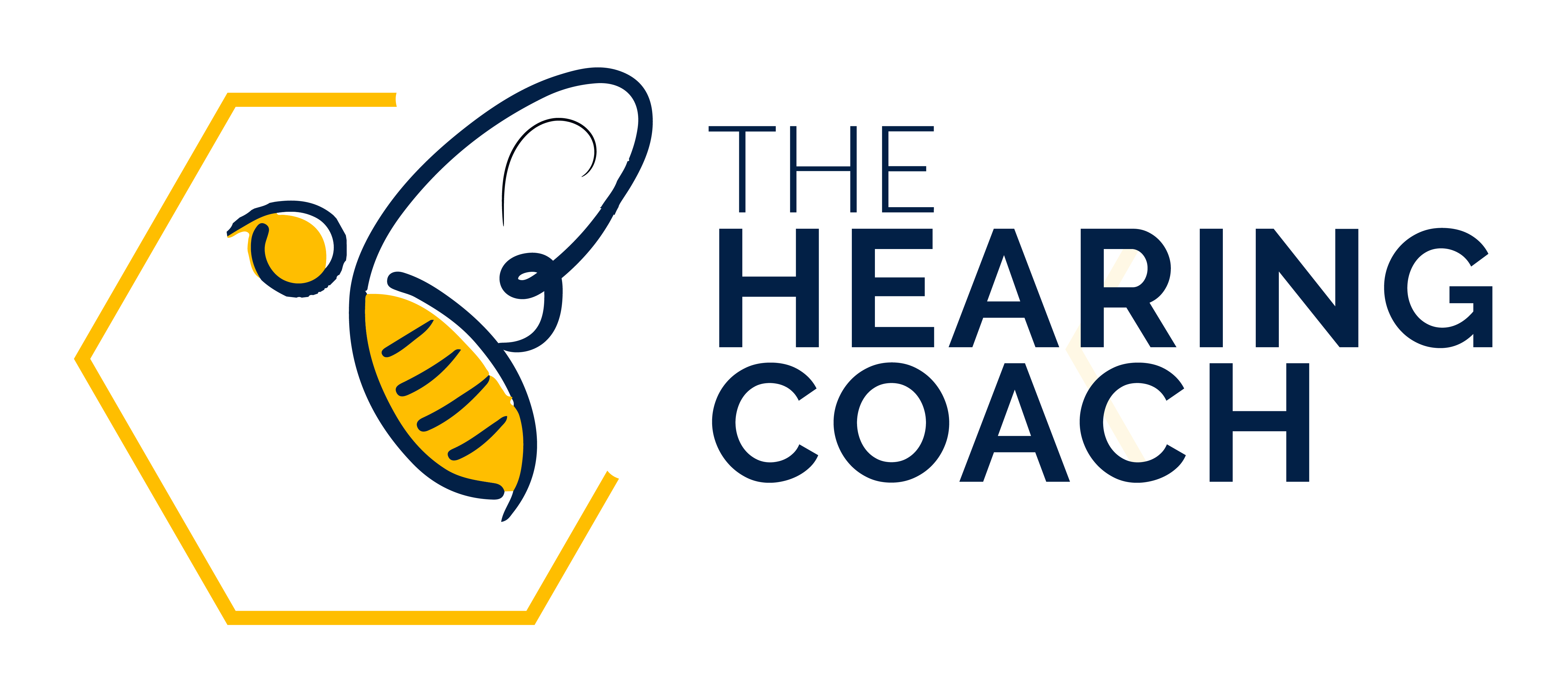42% of people with tinnitus said it had an adverse effect on their work*. The condition can cause workers to struggle with:
- Concentration due to lack of sleep or distracting noise
- Following meetings, leading to stress and exhaustion
- Hearing on the phone, leading to stress, tiredness, and embarrassment (or worse) due to misunderstandings
- Networking or training where their tinnitus makes it hard to hear
- Social interaction, leading to a sense of isolation from colleagues.
What you can do
While the organisation we work for has a responsibility for creating a safe workplace, there’s also a lot we can do to reduce the challenges our tinnitus creates:
- Use any ear protection that your organisation provides. That might sound like an obvious solution, but I’m continually surprised by the number of workers I see with ear protection slung round their neck or over one ear only!
- Manage stress levels – we all know that these can make our tinnitus seem more intrusive.
- Take breaks from any noisy environment. For example, if you work in a call centre, sit in a chill-out area rather than the canteen at lunchtime so your head and ears get a break.
- If you work in a quiet office, consider using something to mask your tinnitus. That can be a fan, a tinnitus masker, the radio, or music/sound therapy played through your phone.
- Tell your manager about your challenges and discuss changes that could help, such as moving to a different workstation, changing meeting venues or reducing stress.
- Ask for an assessment from Access to Work (in the UK) where you can get advice on what could help you in your specific role.
How your employer can help
Prolonged exposure to loud noise, or even an isolated blast of loud noise, can cause tinnitus. That’s why jobs where sound levels regularly exceed 80-85dB can put employees at greater risk, including factory and construction workers, pilots, dentists, musicians, bar staff and motorcycle couriers.
Employers have a duty of care to protect staff from noise that could cause tinnitus. Here’s how organisations can make the workplace safer:
- assess the workplace, and identify what measures are needed to remove or reduce risks from noise exposure
- think about noise levels when buying new equipment and select the quietest power tools and machinery
- educate staff about the dangers of noise
- provide ear protection, such as ear plugs or guards and make it compulsory for workers to wear them
- organise shift patterns to reduce the time workers are exposed to loud noise
- book a workplace assessment for employees with tinnitus to identify equipment, support and reasonable adjustments that can help them work more easily
- offer regular hearing tests to workers
If you would like more support to manage your tinnitus while at work, I offer workplace assessments and 1-2-1 coaching. Together we can formulate a plan that empowers you to work well and sustainably even with tinnitus.
*survey conducted by Action on Hearing Loss

